Omnivore animal composter by Innovative Poultry Products in South Carolina. Composting is a natural process that uses bacteria to break down organic animal waste.
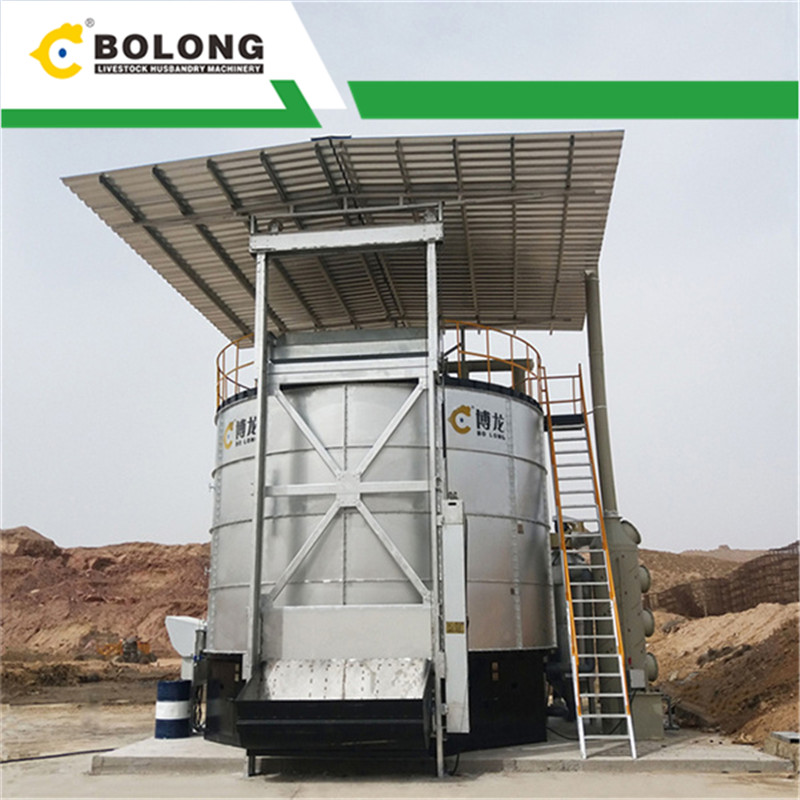
Omnivore animal composter by Innovative Poultry Products in South Carolina. Composting is a natural process that uses bacteria to break down organic animal waste.
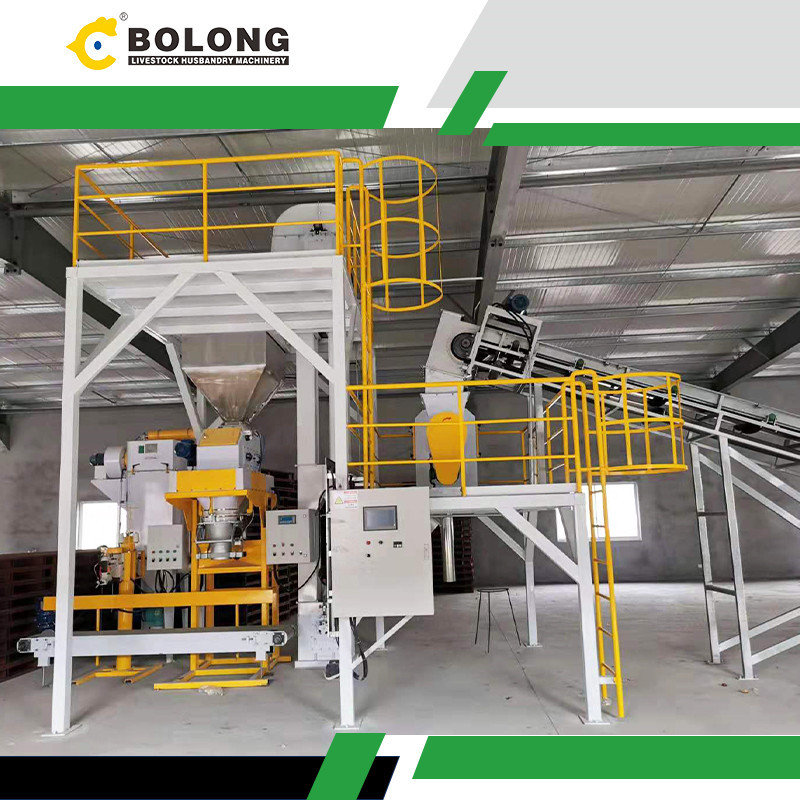
For information on composting animal carcasses, refer to NDSU Extension publications ”Animal Carcass Disposal Options” (NM1422) and “4 Easy Steps for Composting Dead Livestock” (AS1781).

Composting is an approved method for disposal of poultry, swine, cattle, horses, sheep, goats and farmed deer. Always check with local authorities to understand local rules and processes before starting a mortality compost system.

Jul 20, 2017 · Composting Large Animal Carcasses. Livestock producers and large-animal veterinarians face a growing problem in rural Texas—what to do with dead animals. Rendering services are getting more expensive and harder to come by, and just leaving carcasses to predators and the forces of nature is not acceptable.
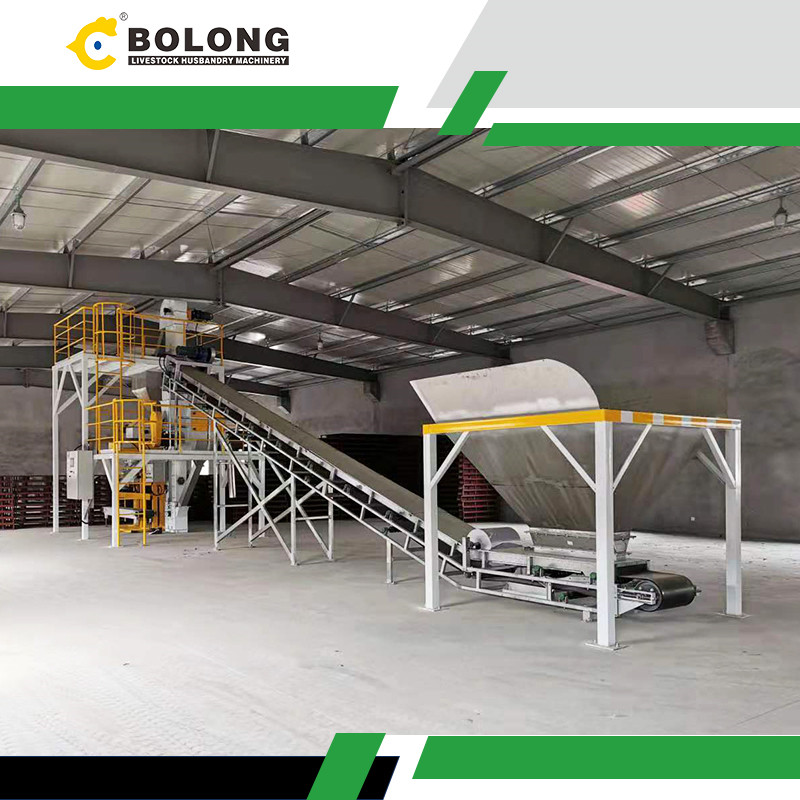
Jan 25, 2022 · This 6-page publication explains the basics of composting, how to build and maintain a compost pile, tools you will need, and how to use the finished compost. Disposing of large animal carcasses can be a problem for agricultural producers.

Food Animal Waste Digester Organic Fertilizer Composter Fermentation Treatment Machine FOB Price: US $10,000-80,000 / set Min. Order: 1 set
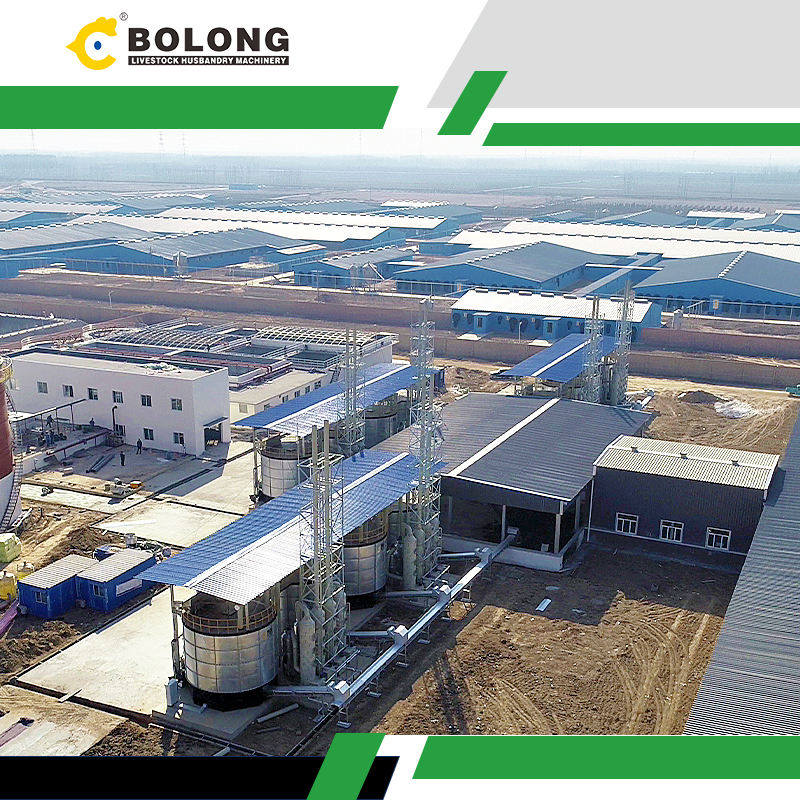
Jul 21, 2005 · Rapid, on-farm livestock composting now possible. Take one oversized tub grinder, add livestock carcasses, wood shavings or sawdust and some heat, mix, and within 10 days you’ll have compost.

Our Company. Bolong was founded in 1993, since then we have been committed to modernized livestock and poultry breeding.We established Hebi Bolong livestock Husbandry Machinery Co., Ltd. in 2012, an enterprise specialized in R&D production of automatic farm equipment, which takes the practicability and reliability as the starting point.In 2015

Sustainable livestock production requires proper management of on-farm mortalities regardless of farm size. These should adequately dispose of animal carcasses without negatively affecting the environment, while also remaining economical to the producer.
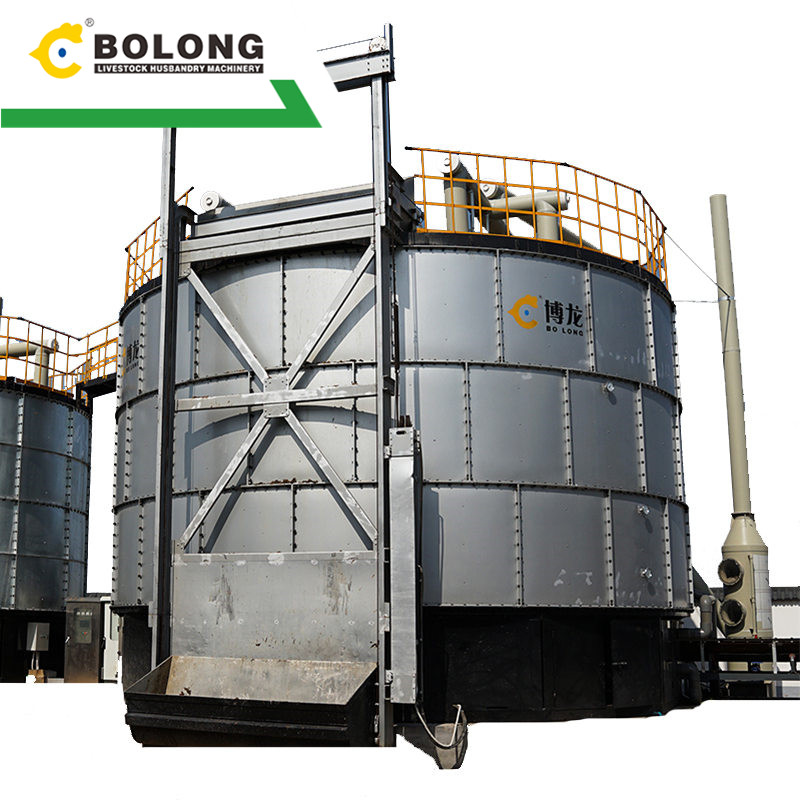
Composting of carcasses is recognized as an effective method by the biosecurity agencies in the U.S. and other countries to manage routine and emergency management of mortalities (Wilkinson, 2007). Composting is the preferred method of carcass disposal because it can be implemented rapidly on farms at minimum cost.